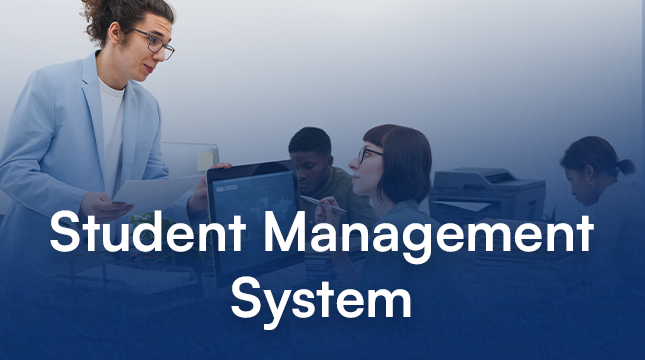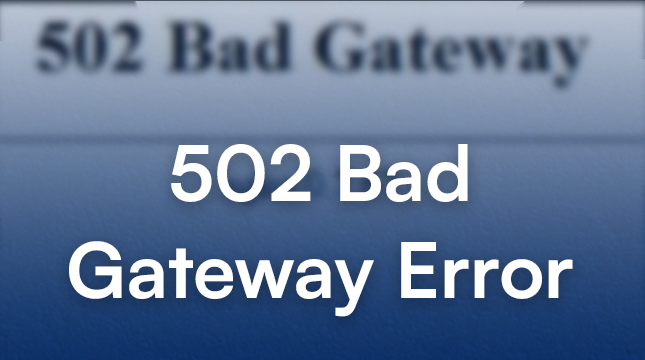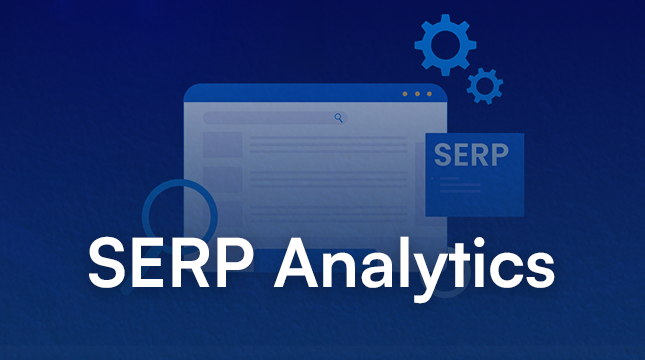This website uses cookies so that we can provide you with the best user experience possible. Cookie information is stored in your browser and performs functions such as recognising you when you return to our website and helping our team to understand which sections of the website you find most interesting and useful.
Student Management System: Empowering Educational Efficiency

Running a school can feel like juggling a million things at once. Be it teachers, students or even your competitors, everyone has an eye on you. Thus, keeping track of everything takes a lot of work.
Student Management System is a tool that helps schools keep track of tasks like student records, schedules, and grades. But what exactly are these systems, and how do they help? Let’s break it down into simple terms.
What is a Student Management System?
A Student Management System, often known as SMS, is a comprehensive software application developed to centralize and automate various administrative tasks within educational institutions. To perform common tasks like student enrollment, attendance tracking, grading, scheduling, and communication management.
Benefits of Student Management System
Efficiency: One of the primary advantages of SMS is the significant improvement in administrative efficiency. Tasks that once required hours of manual work can now be completed with just a few clicks. For instance, student registration, course scheduling, and generating academic reports are all streamlined through SMS, saving time for administrators and educators.
Accurate Record-Keeping: Keeping accurate records is crucial for educational institutions to maintain formality and make informed decisions. SMS enables schools to maintain comprehensive and up-to-date records of student information, academic performance, attendance, and more. This reduces the risk of errors and ensures trustees can access reliable data when needed.
Enhanced Communication: Effective communication between teachers, students, parents, and administrators is essential for the success of any educational institution. SMS facilitates communication by providing a centralized platform for sharing important announcements, assignments, grades, and other relevant information. Additionally, many SMS platforms offer features such as messaging, email integration, and online forums to grow communication and collaboration.
Improved Parental Involvement: With SMS, parents can stay informed about their child’s academic progress. They can access information like attendance records, grades, and upcoming assignments through the system’s parent portal. This increased transparency promotes parental involvement in their child’s education by providing timely support and encouragement.
Data Analysis and Reporting: SMS collects a vast amount of data related to student performance, attendance, and behavior. This data can be analyzed to identify trends, track progress, and make data-driven decisions to improve teaching methods and student outcomes. Moreover, SMS often includes reporting tools that allow administrators to generate customized reports for various stakeholders, such as school boards, government agencies, and accrediting bodies.
What Should a Student Management System Include?
Centralized Data Management: This is the core function. An SMS should securely store and organize all student information, including grades, attendance, schedules, health records, and transcripts.
Seamless Communication: Effective communication is key. Look for features like messaging tools, parent portals, and automated notifications to keep everyone informed about grades, assignments, and school events.
Easy Grading and Reporting: Grading shouldn’t be a chore. SMS should offer tools to streamline grading, generate reports, and provide insights into student performance.
Accessibility for All: A user-friendly interface is crucial. The SMS should be easy to navigate for teachers, administrators, parents, and even students, allowing them to access the information they need.
Security and Scalability: Data security is paramount. The SMS should have robust security measures to protect sensitive student information. Additionally, it should be scalable for future growth, as the number of students or faculty might increase.
Student Management Software V/s Software Management Software
School Management Software: School management software typically encompasses a broader range of functions by managing various aspects of the educational institution. This includes functionalities such as admissions, finance, human resources, inventory management, library management, examination management, and transport management. It serves administrators, teachers, students, parents, and non-teaching staff.
Student Management Software: Student management software, on the other hand, focuses specifically on managing student-related information and processes. This software involves student information management, enrollment and registration, attendance tracking, gradebook management, communication tools, scheduling, and reporting. It primarily serves educators, students, and parents.
What to consider while getting Student Management Software developed?
Developing student management software (SMS) requires careful planning to ensure it meets your school’s specific needs. Here are some key considerations:
Identify Requirements and Objectives
Define the requirements and objectives of the student management software. Work closely with stakeholders, including administrators, educators, students, and parents, to understand their needs and expectations. Determine the specific functionalities and features the software should include to streamline administrative tasks, enhance communication, and improve overall efficiency.
Ensure User-Friendly Interface
The interface should be intuitive, easy to navigate, and visually appealing for users of all levels of technical proficiency. Features such as accessibility, responsiveness across devices, and customization options to tailor the user experience to the unique preferences and workflows of different stakeholders.
Focus on Data Security and Privacy
Implement robust security measures to protect against unauthorized access, data breaches, and cyber threats. Adhere to industry best practices for data encryption, secure authentication, role-based access controls, and compliance with regulations such as GDPR and FERPA to safeguard student information and maintain trust among stakeholders.
Plan for Scalability and Flexibility
Make sure that the student management software is designed to scale and adapt to evolving needs and requirements. Build flexibility into the system architecture to accommodate future enhancements, integrations with other systems, and customization options without requiring extensive redevelopment.
Provide Comprehensive Training and Support
Develop training materials, tutorials, and documentation to help users learn how to use the software effectively. Also, the software should offer responsive technical support channels, such as helpdesk assistance, FAQs, and user forums, to address any questions or queries that arise while using the software.
Equipping your institution with the right software has become important in today’s digital era. At Netizens, we understand that a one-size-fits-all approach does not work. That’s why we specialize in crafting customized student management systems (SMS) designed to your specific needs. Whether you require a comprehensive solution for student data management or a streamlined platform for delivering online courses, our team of experts can help you build the perfect fit. So, don’t hesitate to reach out and let Netizens be your partner in creating a more efficient and effective learning environment for all your students.

Let's Start Your Project
Get free consultation for your digital product idea to turn it into reality!
Get Started






